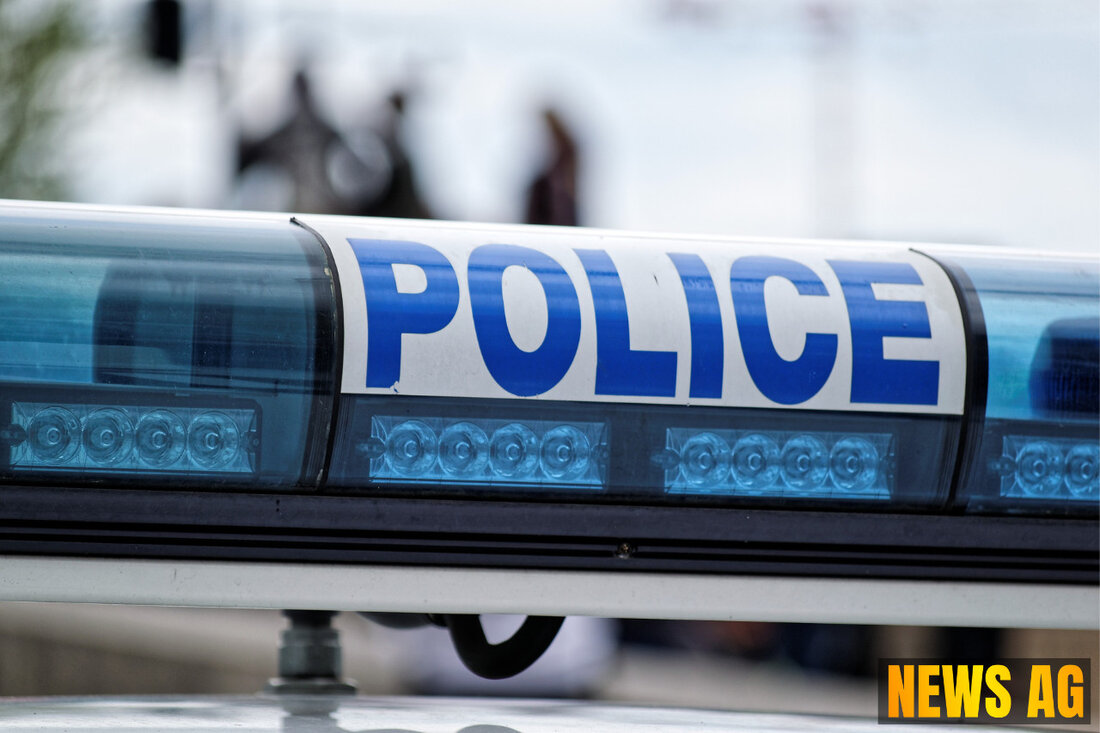Gun Traffickers Plead Guilty in Attempted Assassination Case of Trump
The DOJ charges two individuals with gun trafficking connected to an alleged assassination attempt on Trump, highlighting firearm regulation complexities.

Gun Traffickers Plead Guilty in Attempted Assassination Case of Trump
The alarming story of a thwarted assassination attempt against Donald Trump has taken an unexpected turn, as the Department of Justice has filed charges against two individuals for allegedly selling a firearm to the accused would-be assassin, Ryan Routh. Tina Brown Cooper and Ronnie Jay Oxendine have pleaded guilty to various gun-related charges after selling a Chinese-made SKS rifle to Routh, who stands accused of attempting to kill the former president.
Cooper, who acted as a middleman in the deal, and Oxendine were indicted in March and arrested in April. During their federal court appearances, Cooper admitted to trafficking firearms, while Oxendine pleaded guilty to possessing an unregistered firearm. Routh reportedly paid $350 for the rifle and an additional $100 to Cooper for facilitating the transaction.
The Assassination Attempt
In a shocking twist, Routh was discovered near Trump’s golf club in West Palm Beach approximately six weeks after the sale, armed with an SKS-style rifle, although it remains unclear if this was the same firearm sold by Cooper and Oxendine. Routh faces multiple charges, including attempted assassination of a presidential candidate and unlawful possession of a firearm, stemming from his prior felony conviction in 2002.
While the case continues to unfold, reports indicate that Cooper provided inconsistent statements to the FBI, even deleting files from her phone in a bid to evade consequences for her involvement. Once close acquaintances, both defendants claimed they had no prior knowledge of Routh’s plans to harm Trump, with Oxendine asserting that he merely knew Routh from their days as roofing company owners in the 1990s.
Trump’s Complex Relationship with Firearms
Adding another layer to this saga is Trump’s complicated history with firearms. Earlier this year, he issued an executive order on the Second Amendment, reflecting his shifting stance on gun control. Despite being a convicted felon—thus legally barred from owning firearms—Trump’s executive order directs a review of gun violence prevention and federal firearm regulations, underlining the government’s ongoing struggle to balance individual rights and public safety in light of recent Supreme Court rulings.
The executive order is particularly significant in the wake of landmark decisions such as *New York State Rifle & Pistol Association, Inc. v. Bruen* and *United States v. Rahimi*, which require modern firearm regulations to adhere to historical precedents. With over 1,000 challenges to the federal felon-in-possession law (18 U.S.C. § 922(g)(1)) since the *Bruen* decision, the implications of Trump’s order could substantially impact the government’s ability to defend existing gun regulations.
Looking Ahead
The outcome of Routh’s trial, set for September, is still uncertain. Meanwhile, the ramifications for Cooper and Oxendine continue to evolve, as Cooper’s admission of guilt and her attempts to distance herself from the case could lead to further legal repercussions. Given the high stakes surrounding this incident, the national conversation about firearm regulation and individual rights is bound to intensify in the coming months.
With public sentiment swirling around gun rights and safety, events in the coming weeks will undoubtedly shape both the legal landscape and the political discourse on firearms in America, making it a topic to watch closely.

 Suche
Suche
 Mein Konto
Mein Konto